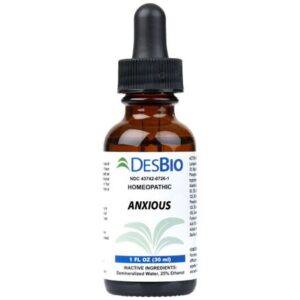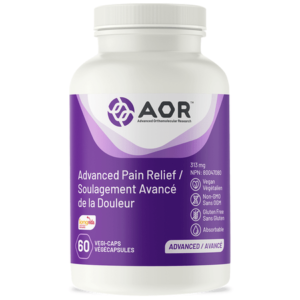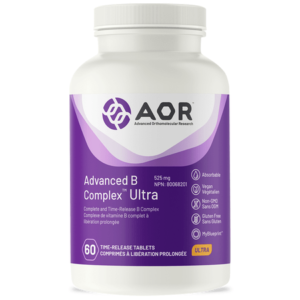Description
Benefits
- Provides 500 mg of fenugreek seed per capsule, allowing for flexible daily dosing
- Extensive traditional history as a medicinal botanical used as an aid for digestion and lactation, along with blood lipid and sugar control
- Single herbal support to clear mucous from the upper respiratory passages
- Rich in antioxidants, soluble and insoluble fibre, flavonoids, vitamins, and minerals
- No dairy, sugar, wheat, gluten, soy, fish, shellfish, corn, egg, tree nuts, or GMOs
Feature Summary
Fenugreek has a long history of traditional use, primarily to promote milk production, but also as a mild laxative, an expectorant for respiratory mucous, and an anti-inflammatory. Grown in Asia, Africa, and Europe, this annual plant is used as both a food and a spice. It is one of the oldest known medicinal plants and has been used by Ayurvedic and traditional Chinese medicine practitioners since antiquity. As a lactation aid, it significantly increases milk production, reduces infant weight loss in the first week of life, and helps infants regain weight. Its high-soluble and insoluble fibre content provides a protective barrier in the digestive tract, helping to both provide relief from heartburn symptoms and improve digestive function. It is also rich in antioxidants, vitamins, minerals, and anti-inflammatory compounds, contributing to fenugreek’s long tradition of promoting good health. Additionally, fenugreek has been used traditionally to help reduce elevated blood lipid levels and for the promotion of healthy glucose levels.
Medicinal Ingredients
| Each Capsule Contains: | |
| Fenugreek Powder (Trigonella foenum-graecum) (seed) | 500 mg |
Non-Medicinal Ingredients
Gelatin capsule (gelatin, purified water), croscarmellose sodium, vegetable grade magnesium stearate (lubricant).
Allergens:
Contains no artificial colours, preservatives, or sweeteners; no dairy, starch, sugar, wheat, gluten, yeast, soy, corn, egg, fish, shellfish, salt, tree nuts, or GMOs
Recommended Use:
Recommended Adult Dose: 2 capsules 3 times daily or as directed by a health care practitioner.
Contraindications
Theoretically, individuals who are allergic to plants of the Fabaceae family, including soybeans, peanuts, chickpeas, and green peas, might also be allergic to fenugreek. Fenugreek should not be used during pregnancy, in combination with anticoagulant medications, or by individuals with a history of bleeding disorders.
Drug Interactions
Fenugreek might have additive effects when used with anticoagulant or antiplatelet drugs, although it is unclear if this is clinically significant. Fenugreek may reduce blood glucose levels and may be additive to anti-diabetes drugs. Monitor blood glucose levels closely. Fenugreek may reduce blood lipid levels and may be additive to lipid-lowering medication. Monitor lipid levels closely.
- Khan T.M., Wu D.B., &Dolzhenko A.V. (2018). Effectiveness of fenugreek as a galactagogue: A network meta-analysis. Phytotherapy Research, 32(3), 402-412.
- Turkyilmaz C., Onal E., Hirfanoglu I.M., et al. (2011). The effect of galactagogue herbal tea on breast milk production and short-term catch-up of birth weight in the first week of life. Journal of Alternative and Complementary Medicine, 17(2), 139-142.
- Yadav U.C., &Baquer N.Z. (2014). Pharmacological effects of Trigonella foenum-graecum L. in health and disease. Pharmaceutical Biology, 52(2), 243-254.
- Nagulapalli Venkata K.C., Swaroop A., Bagchi D., et al. (2017). A small plant with big benefits: Fenugreek (Trigonella foenum-graecum Linn.) for disease prevention and health promotion. Molecular Nutrition &Food Research, 61(6), 10.1002
- Patil S.P., Niphadkar P.V., &Bapat M.M. (1997). Allergy to fenugreek (Trigonella foenum graecum). Annals of Allergy, Asthma &Immunology, 78(3), 297-300.
- Shawahna R., Qiblawi S., &Ghanayem H. (2018). Which benefits and harms of using Fenugreek as a galactogogue need to be discussed during clinical consultations? A Delphi study among breastfeeding women, gynecologists, pediatricians, family physicians, lactation consultants, and pharmacists. Evidence Based Complementary and Alternative Medicine, 2418673.




